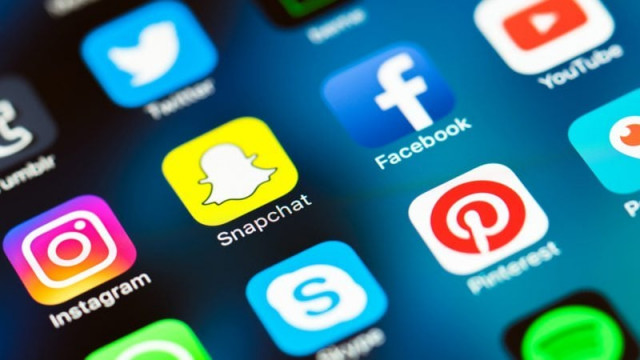Internet’s gatekeepers
First Amendment rights have full authority to censor any person or class of people they want to

PHOTO: FILE
“We cannot have a functioning First Amendment that doesn’t take First Amendment activity in a digital context into account.” While the court’s decision may set certain parameters for governments looking to restrict people’s online access, it has no bearing on what companies like Facebook and Twitter can do.
As private companies, they are already free to ban anyone who violates their terms of service. They could also, in theory, ban certain classes of felons from using the platform without fear of being sued for discrimination.
Discrimination law in the US only prevents businesses from discriminating on the basis of race, colour, religion, sex, and national origin. That means the very platforms which the Supreme Court has said play a critical role in our First Amendment rights still have full authority to censor any person or class of people they want to.
“If we’re really concerned about freedom of speech,” Richards says, “it means we have to keep paying attention to the decisions these businesses make with respect to the ability of their users to express themselves… In other words, while courts may have power over the law, it’s the rest of us who need to keep the internet’s gatekeepers accountable.”
Digital dullard that I am, ‘interruptions in service’ when trying to connect livestream with other verified profiles or social media influencers. Despite a strong internet connection, the interruptions are inexplicable, yet they seem to congregate around times when we are planning to talk about either Facebook and/or international causes.
My connections and I plan these livestreams via FB messenger. My ‘invite’ options, historically inconsistent, have now completely disappeared.
Should we have any expectation of privacy? Only an overriding public need should justify intrusion into anyone’s privacy. But we are talking about a private, digital entity so the definition of so-called private messaging should be clear that the messaging is not 100% reliable.
Personal Experience: At times, I have sent private messages to my individual friends and group messages and my message appears to have been read by the recipient (in FB messaging it shows ‘read’ or ‘seen by everyone’) but that’s not always the case. The recipient receives an ‘alert’ they’ve received a message but when they check, nothing is there. So, it appears to the sender, the message was ‘received’ when, in fact, it was not.
Who is ‘reading’ the messages if it’s not the intended recipient? How can Facebook claim to be good for global connectivity or business or the supreme gatekeeper for news when basic communications are unreliable?
Facebook claims, “We rely on a set of core values. These values — which we’ve been using for years — guide our thinking and help us keep the central experience of News Feed intact as it evolves. In our continued efforts to be transparent about how we think about News Feed, we want to share those values with you. We are not in the business of picking which issues the world should read about.
"We are in the business of connecting people and ideas — and matching people with the stories they find most meaningful. Our integrity depends on being inclusive of all perspectives and viewpoints, and using ranking to connect people with the stories and sources they find the most meaningful and engaging... The strength of our community depends on authentic communication.
"The feedback we’ve gotten tells us that authentic stories are the ones that resonate most. That’s why we work hard to understand what type of stories and posts people consider genuine — so we can show more of them in News Feed. And we work to understand what kinds of stories people find misleading, sensational and spammy, to make sure people see those less.”
Really. Let us explore further.
Published in The Express Tribune, January 27th, 2019.
Like Opinion & Editorial on Facebook, follow @ETOpEd on Twitter to receive all updates on all our daily pieces.















COMMENTS
Comments are moderated and generally will be posted if they are on-topic and not abusive.
For more information, please see our Comments FAQ